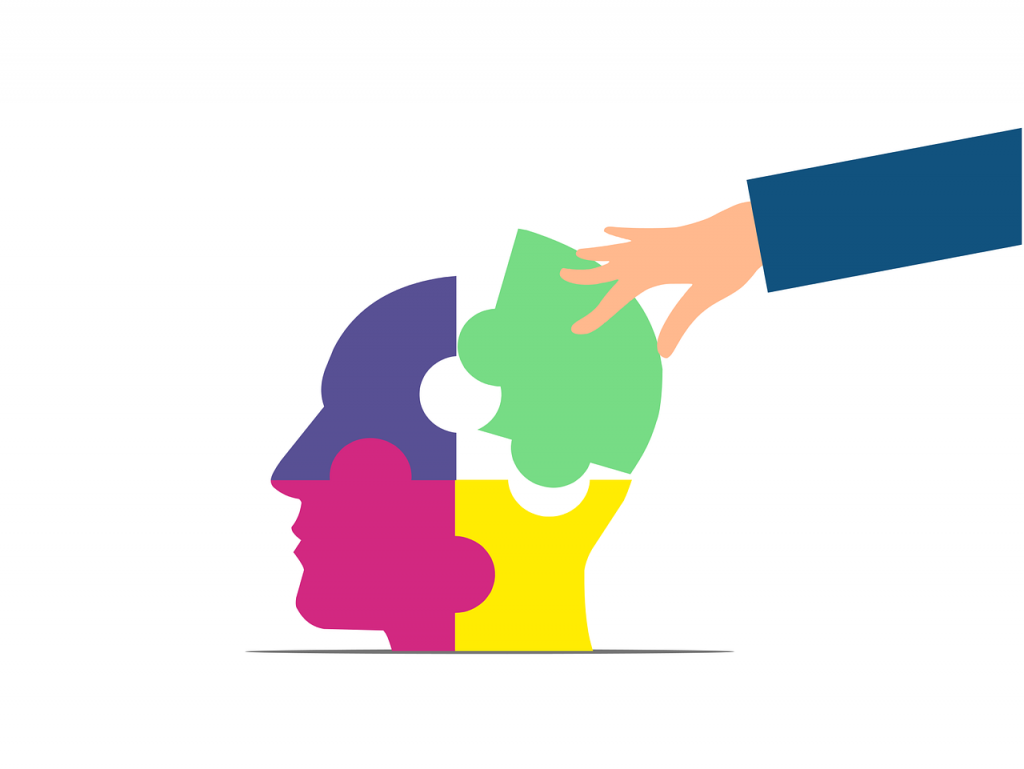Women's Health
Prioritizing Women’s Mental Health & Resilience
The COVID-19 pandemic has highlighted gender inequities in health and healthcare, emphasizing the need to better understand the dynamics that undermine women’s well-being and resilience.
Mental health under the microscope
The spread of COVID-19 affected crucial mental health services in most European countries, even as demand increased. This disruption – according to published research, has been particularly impactful for women, because they are disproportionately affected.
Depressive disorders are responsible for nearly 42% of the disability from neuropsychiatric disorders among women, compared to about 29% for men. Furthermore, a majority of the most prominent mental health problems for older adults, like depression, organic brain syndromes, and dementia, occur in women.
Mental & Physical Health
Poor mental and emotional health can lead to physical illness as well. It can, for instance, have an impact on cardiovascular health and risk factors. According to some studies, the release of hormones triggered by long-term stress might impair the immune system and potentially trigger the growth of cancer.
The pandemic has generally worsened mental health and increased emotional distress; women have generally increased levels of alcohol and drug use, while suffering from insomnia and anxiety.
One key reason for the increase is the unprecedented stress caused by the social isolation resulting from the pandemic. Linked to this were constraints on people’s ability to work, seek support from loved ones and engage in their communities.
Loneliness, fear of infection, suffering and death for oneself and for loved ones, grief after bereavement and financial worries have all been identified as stressors leading to anxiety and depression. Among health workers, exhaustion has been a major trigger for suicidal thinking.

“Worry, stress, sadness, anger, & other emotions are all natural feelings – but when they are excessively pervasive, they can disrupt the quality of life and productivity”
The next chapter after the pandemic
Coordinated efforts could generate positive change by focusing on prioritizing physical and mental health, equalizing education, as well as enabling economic empowerment. These initiatives, taken together, may be able to create new opportunities.
EMPOWER and EMPOWERED, two of our new European Erasmus+ Projects, focus on this exact direction: on women’s empowerment & creation of new opportunities!
Discover more here…




